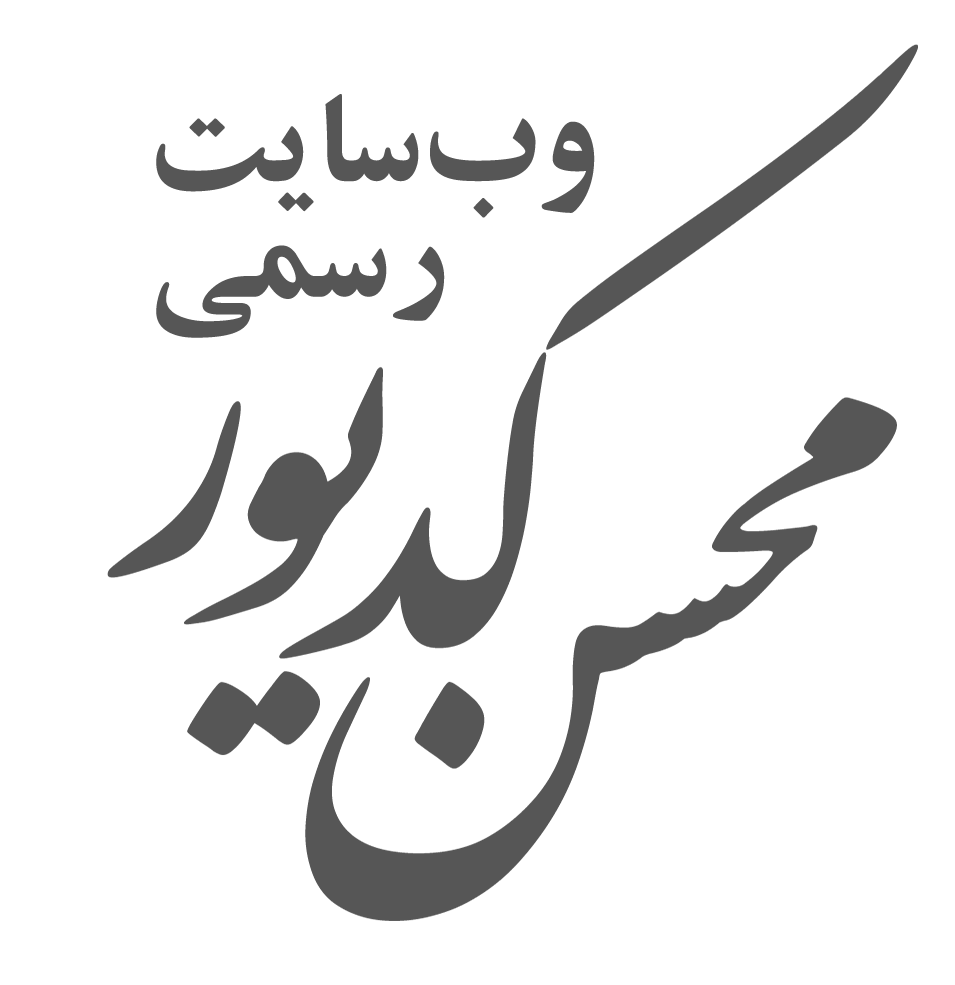Future Perfect
The clerical establishment has become so sick of Supreme Leader Ayatollah Ali Khamenei that they will not replace him when he dies.
(Page 1 of 3)
Iranian reformists and liberals worldwide can be forgiven for thinking that the election and crackdown last summer strengthened the hardliners. In the short term, they’re right: Mahmoud Ahmadinejad is still president and his opposition has gone to ground. In the long run, though, they may have already won the battle: Ayatollah Ali Khamenei is likely to be the last all-powerful Supreme Leader of the Islamic republic, even if the theocratic system manages to survive this tumult. (Article continued below…)
A not-so-quiet debate is now brewing inside the seminaries of Qum, Iran’s religious capital, over how to abolish the post, the velayat-e faqih, which Ayatollah Ruhollah Khomeini assumed when he established the Islamic republic in 1979. Khomeini asserted that his role as the ultimate political and religious authority was effectively endorsed by God, the Prophet Muhammad, or by his last legitimate heir, the Twelfth Imam, whom Shiites believe went into hiding in 941 to escape rival Sunni caliphs but will return to earth to usher in an era of peace and justice.
Despite Khomeini’s immense scholarly authority, revolutionary prestige, and religious charisma, his radical interpretation of traditional Shiite practice provoked enormous unease among Iran’s most senior clerics. Many held to the traditional view that, in the absence of the Twelfth Imam, political power was always illegitimate—while religious thinkers now say they always worried that the claim of divine rule would contradict the principles of a republic, even an Islamic one. Khomeini was able to pacify his critics because of his enormous power and influence over the Iranian population and his respect among Sunnis and Shiites worldwide.
But now the hapless behavior of his successor, Khamenei, has sapped that goodwill. Khamenei’s response to the massive election demonstrations this past summer reaffirmed a longstanding but secretive belief among a majority of Iran’s religious teachers and scholars: supreme clerical rule, no matter who is at the helm, can lead only to despotism and should be abolished. There can be no absolute power because, as Khamenei showed, men are fallible. It’s well enough understood outside Iran that those clerics have found common cause with the street demonstrators; what the rest of the world hasn’t realized yet is that they also want Khamenei gone.
Leading the current campaign against the institution of velayat-e faqih is Grand Ayatollah Hussein Ali Montazeri, who became a pillar of the opposition movement this summer, and his protégé Mohsen Kadivar, a renowned religious scholar who was imprisoned in Iran for his views on this subject and now teaches at Duke University.
Recently Montazeri has made several harsh statements, arguing that the post of Supreme Leader was like worshipping multiple gods and saying the Supreme Leader is legitimate only if he has popular support among the people. These statements are direct criticisms of Khamenei: “What we have is a military velayat, not a [religious] velayat,” Montazeri wrote, referring to the enormous power Khamenei has given Iran’s Islamic Revolutionary Guards Corps, which, under Khamenei’s direct control, has brutally repressed demonstrators, human rights activists, and opposition journalists.
Montazeri, whom Khomeini had first tapped to succeed him before sidelining him in favor of Khamenei, has long maintained that Khomeini was incorrect in believing a supreme jurist could be appointed by God. Alarmed by the rise of despotism in Iran during the years right before Khomeini’s death, Montazeri—in private letters to Khomeini, as well as interviews and speeches—criticized Iran’s behavior in the Iran-Iraq war and declared that Iran’s attempt to export the Islamic revolution had isolated the country. This prompted a vicious campaign against him that continues today, and yet he has remained one of the most respected and authoritative critics of the Islamic system—inside and outside Iran. He has also objected to the near-absolute power Khomeini gave to the post shortly before his own death and Khamenei’s succession; he believes the Leader should be bound by law and be accountable to the people through elections.
The threat to the institution of Supreme Leader is real enough that Ayatollah Mesbah-Yazdi, Khamenei’s spiritual guide and a staunch supporter of President Ahmadinejad, had to reassure the Islamic Revolutionary Guard Corps (which relies on Khamenei for its power). That’s like chairman of the Democratic party reassuring people that the presidency has a future. According to Persian state-run news reports, Mesbah-Yazdi said, “Velayat-e faqih is like the column that keeps the tent of Islam standing. In an Islamic state, everything derives its legitimacy from the velayat…Any movement weakening the velayat is equal to weakening Islam and doing a satanic deed.”
Mesbah-Yazdi’s statements joined a chorus of hardliners who in recent days have defended the post to their supporters, whom they fear may have begun to doubt Khamenei’s legitimate authority. Khamenei’s representative in the Revolutionary Guards assured a gathering of adherents in universities that the leader could never be removed from power. “In the Islamic system, the office and legitimacy of the Supreme Leader comes from God, the Prophet and the Shiite Imams, and it is not the people who give legitimacy to the Supreme Leader and are able to remove him when they want,” said Mojtaba Zolnour, a little-known Khamenei representative.
In theory, Khamenei could be removed by the Assembly of Experts, an 86-member body headed by his rival, former President Hashemi Rafsanjani, who has his eye on the post. But Zolnour is almost certainly right that Khamenei isn’t going anywhere, because Khamenei and the hardliners generally make appointments to the assembly. Besides, it would mean admission—at a moment of tense relations with the West over Iran’s nuclear ambitions—that the Islamic system had failed.
Still, Khamenei’s support among clerics has quickly unwound. Bad enough to have taken sides in the political battle that kept Ahmadinejad in power, but to have then sanctioned repression against Iranian citizens exercising their democratic rights has struck many clerics as downright un-Islamic. When I covered Iran for The Guardian, from 1998 to 2001, prevailing opinion in Qum already held that 30 years of clerics running the state had corrupted the clergy, which in the Shiite tradition has historically served as the watchdog over the state and as the advocates of the people against their rulers. Today, that sentiment has only calcified.
In recent years, and particularly since the June demonstrations—when ordinary Iranians chanted “Death to dictator” and stomped on photos of Khamenei, unprecedented acts of revulsion toward a leader—Kadivar, the religious scholar and dissident, has argued that the divine rule of the Supreme Leader is on its way out because the new generation of seminary students opposes it. Kadivar believes they are now the majority. Imagine if the cardinals decided not to elect another pope.
Abdolkarim Soroush, another religious intellectual—who like Montazeri was close to Khomeini and helped found the Islamic republic—wrote a scathing letter to Khamenei in September, which was posted on popular Iranian Web sites. “Religious Tyranny Is Crumbling: Rejoice!”—the title of Soroush’s letter—says, “You have fallen victim to the closed system that you created yourself…Mr. Khamenei, I want to tell you that the page has turned. The ruling system’s luck has ended…God, too, has turned away from you and divested you of His protection…Nor will religion furnish you with any cure now that your religious legitimacy has vanished.”
Admittedly, few if any clerics inside Iran openly say that Khamenei should be the last velayat-e faqih; the assertion would leave them vulnerable to charges of treason. But the religious establishment—including those who helped create the system—plainly sees the institution as bankrupt. As the religious and political crisis unfolds, it is becoming clearer that the central problem, among many, lies with Khamenei and his absolute power as Supreme Leader. Why would they want another serving?



